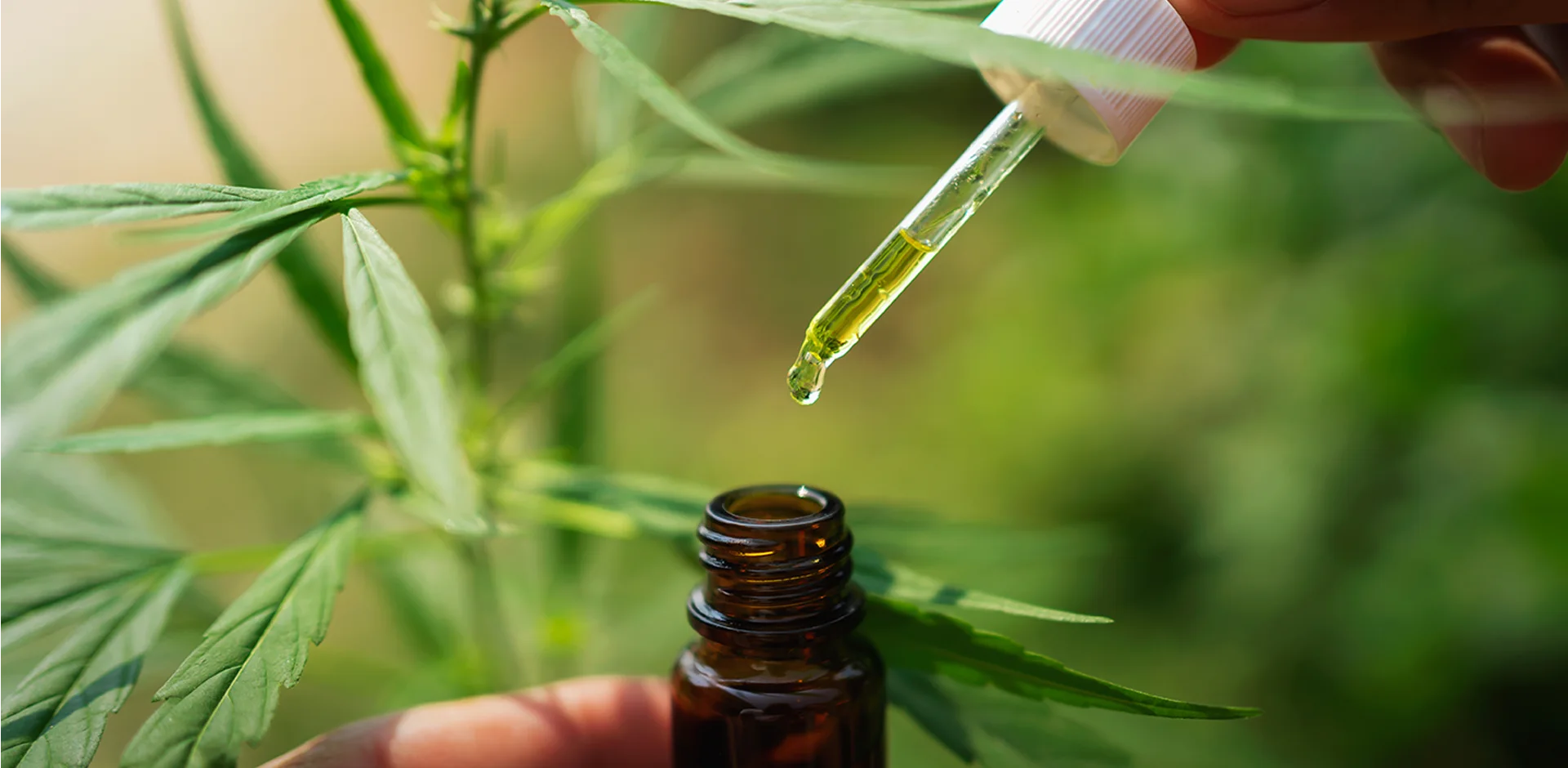Published on 31 January 2022
Acidification
What is hyperacidity?
Every day, countless metabolic processes take place in our body, where, for example, food is converted into energy so that we can live. This also produces a number of metabolic end products, for example various acids, which the body cannot process. In large quantities they can even be harmful. Therefore, these products are excreted via the liver, intestines, skin, lungs and kidneys. In hyperacidity, medically known as acidosis, the body contains too much acid or too little alkaline.What influences the pH value?
Whether an aqueous solution is more acidic or alkaline is shown by the pH value, which ranges from 0 to 14. Neutral solutions have a pH of 7. Acids have a pH of less than 7, while alkalines have a pH of more than 7. In healthy people, the pH of the blood is between 7.35 and 7.45 and must be kept constant within these very narrow limits. At the same time, various factors, such as respiration and metabolism, influence the pH value in both directions. Therefore, buffer systems are available to the body that are able to compensate for the various deviations of the pH value.Hyperacidity due to an unhealthy lifestyle

However, nowadays we eat or do things that stress the body and thus over-acidify it. Hyperacidity of the body is significantly accelerated by the consumption of acid-forming foods and an unfavourable lifestyle. According to the ‘Zentrum der Gesundheit’, hyperacidity can be caused by the following:
- animal proteins such as meat, sausage, fish and eggs
- milk and most dairy products
- soy products
- pastry and bakery products, desserts
- carbonated mineral water
- cola and other soft drinks
- coffee
- alcohol
- nicotine
- synthetic food additives such as preservatives, colourings, flavour enhancers (glutamate), sweeteners such as aspartame, etc.
- excessive sport
- electrosmog
- but also by stress, fear, worry, anger and negative thoughts
How does hyperacidity develop?
When we digest and metabolise today's common foods, large quantities of acids, toxins and metabolic end products are produced, the disposal of which overtaxes the body's regulatory mechanisms. At the same time, we do as little as possible to support our body in excreting the accumulating acid and waste products. We often don’t exercise enough and pay little attention to ensuring that we have a sufficient supply of alkaline minerals.What should we pay attention to in our diet?

Basically, we distinguish between less processed foods (e.g. potatoes) and highly processed foods (e.g. chips or crisps). In the long term, processed foods should be avoided. The goal is to eat 100 per cent non-processed food.
But caution is needed with animal products, as animal foods are often very acidic. The 80:20 rule should be followed here: 80 per cent plant foods and 20 per cent animal foods.
There’s no need to follow this to the letter, however. Sometimes it’s nice to have a piece of cake on a Sunday.
What are the symptoms of hyperacidity?
- Fatigue When the body is over-acidic, you feel lackadaisical and exhausted. This causes problems in getting to sleep and results in restless sleep. The reason for this is that during the resting phase, the body draws calcium from the bones to neutralise the acids in the body. This process causes an inner restlessness.
- Overweight If there is too much acid in the body, it can no longer break it down and flush it out. It then deposits it in the fatty tissue (in women in the chin, abdomen, buttocks, thighs – in men very much in the abdomen). The waste products then combine with the fat cells, resulting in cellulite and weight gain.
- Bad skin When the blood is over-acidic, the body breaks down the acids not only via the liver, but also via the skin. This destroys the skin's “protective shield”, providing bacteria with a great breeding ground. Spots and blemishes are the result.
- Dental problems The mouth is a breeding ground for viruses, bacteria and fungi. If the pH value in the mouth is too low, these microorganisms feel particularly comfortable and start to attack the tooth enamel, increasing the risk of tooth decay.
These 6 tips counteract an over-acidic body

- Water! Drinking plenty of fluids helps to break down acids. The digestive tract then works more effectively. Two to three litres of water or herbal tea per day are optimal. We recommend memon natural water here.
- Lemon magic Drink the juice of half a lemon mixed into half a litre of water occasionally as you wake up. This yellow superfood binds acids in the body. The lemon tastes very sour but it is a pure alkaline food containing many vitamins and minerals. You can also add a plant-based alkaline, e.g. herbs such as fresh coriander.
- Only in moderation Coffee, sugar, wheat, milk, meat and alcohol should only be consumed in small quantities, as they are highly acid-forming.
- Plenty of magnesium & calcium The body needs these minerals to maintain its pH value. Great sources of magnesium are avocados and green beans. Chia seeds, broccoli and kale are very good sources of calcium.
- Decelerate Emotional stress can also over-acidify the body: That's why it's important to consciously take time out and decelerate with walks, yoga or meditation.
- Avoid electrosmog Digital detox: Put the mobile phone aside over the weekend or create specific time slots to deal with your emails. We also recommend comprehensive protection with memon. Take care of yourself, your body will thank you.
Learn more about the effects of electrosmog











